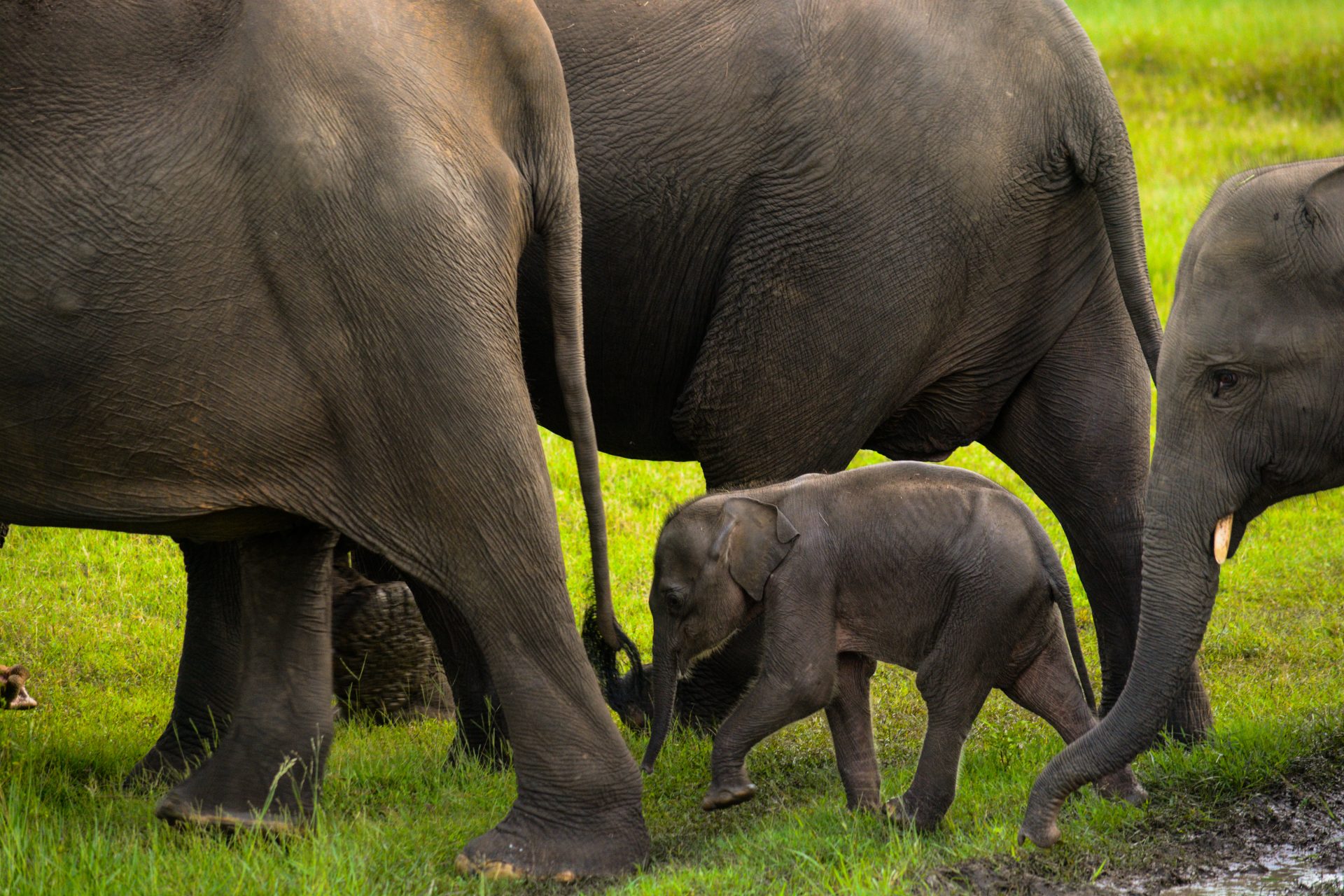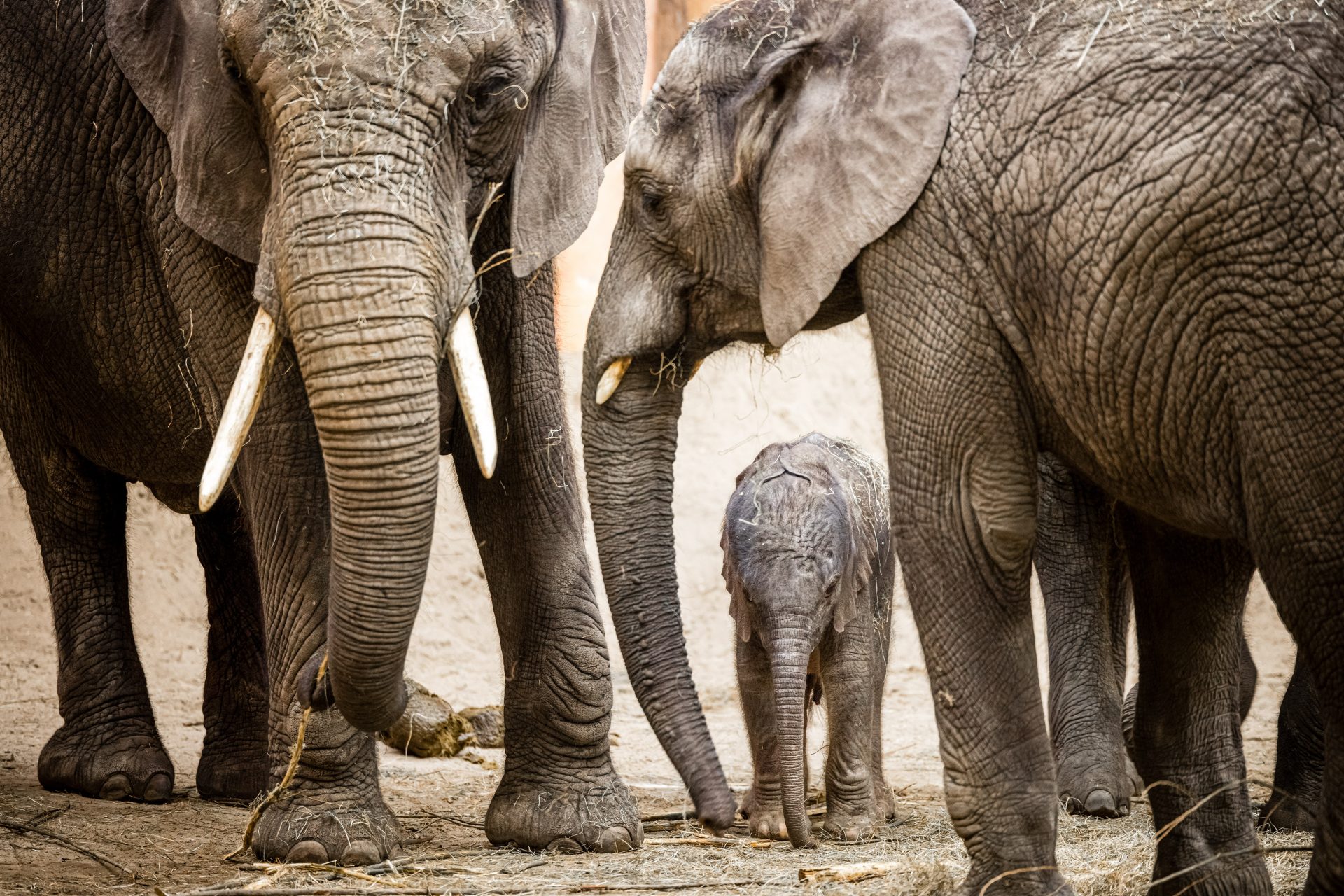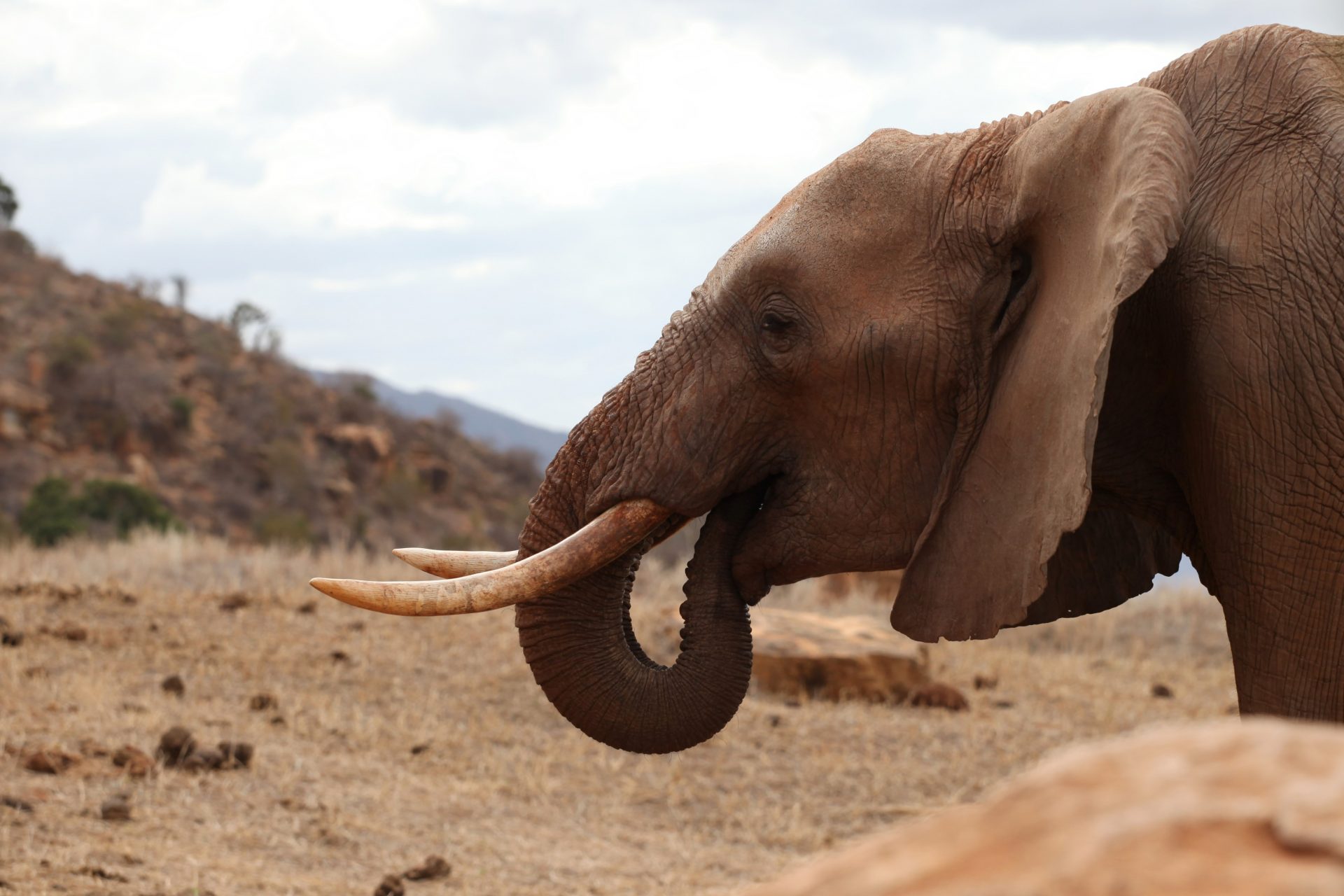A new study found that elephants have names
A new study discovered that African elephants call each other and respond to unique names, something only a few animals can do.
The study, published in Nature Ecology & Evolution, recorded low rumbles, some below human range; these elephants make to call each other through large areas.
The study's experts told AP News and The Guardian that animals with the ability to use and respond to unique names are extremely rare.
Still, research suggests that the trait is helpful for animals with families or complex social groups that separate and rejoin after some time.
Parrots and dolphins are other animals that use distinctive sounds to refer to specific individuals. Dogs can be trained to respond to the unique names we give them but not name each other.
That distinction requires another rare ability: parrots, dolphins, and elephants can learn new sounds throughout their lives.
According to The Guardian, the discovery is relevant because elephants create a unique sound, unlike dolphins or parrots, which imitate other individual's sounds to refer to them.
That means that elephants are the only other species we know that can create "random" names for their individuals, like humans.
To reach that conclusion, the research team used an artificial intelligence model that could "hear" the sounds of the elephants and find patterns.
According to AP News, the group followed and recorded the interactions of elephants across two national parks in Kenya. They concentrated on interactions in which one individual called and another responded.
After analyzing the audio data, the AI model could predict which elephant was being called 28% of the time, likely because it was being named.
Cornell University biologist Mickey Pardo, one of the authors, told AP News that when fed random sounds of the animals, the model only labeled 8% of the calls accurately.
Pardo explained that the team did not expect the machine to guess 100% of the time. "Just like humans, elephants don't use names in most utterances," he said.
According to The Guardian, the predictions of the AI model were not the only evidence the researchers gathered to reach their conclusions.
They also played the audio data to the elephants and observed their reactions. When researchers played their "name" audio, the elephants reacted energetically. However, they did not respond when they heard a different elephant's name.
Colorado State University ecologist George Wittemyer, the study co-author, told AP News that unique names are one of many tools they use to communicate. "We just cracked open the door to the elephant mind," he said.
More for you
Top Stories




























